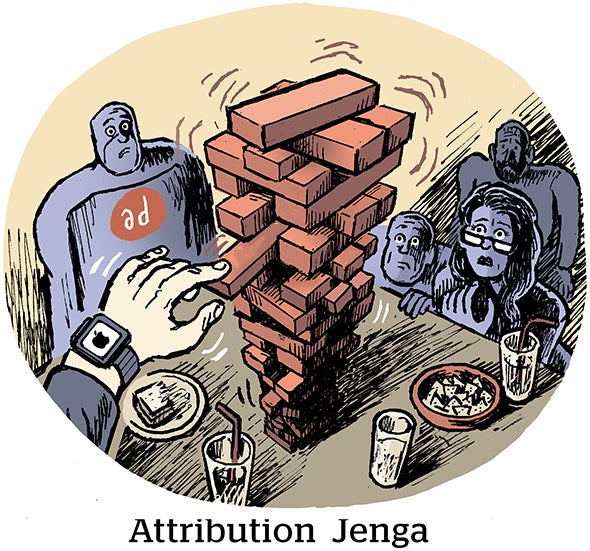Internet economy guru Esther Dyson believes that much of the current flap over programs that advertisers use to track web behavior stems from the public’s confusion about the distinction between spyware and adware and the role of cookies. But she doesn’t hold out much hope that that confusion can be totally dispelled by industry efforts at user education on the issue.
Dyson, C/NET editor at large, said she has been studying the spyware/ adware debate for an upcoming issue of her widely read tech industry newsletter Release 1.0. She said that public outcry over the use of such software hinges largely on whether users know that the software is being downloaded, what it is designed to do, and what value they get in exchange for accepting it.
Dyson told an audience at the final keynote of Ad:Tech San Francisco 2005 yesterday that the functional difference between spyware and adware is a matter of intent, she said. Adware is designed to track user behavior for the purpose of serving up ads that are relevant to a user’s interests. Spyware installs malicious executable programs intended to influence the actual performance of the user’s computer in some way. “This is really, really bad stuff,” she said. “It will send you billions of pop-up ads, take over your screen, and change your browser settings.”
But Dyson said the public also distinguishes adware from spyware on the basis of informed consent. “If I know what you’re doing, I consider it watching; if I don’t, I consider it spying,” she said.
The issue of spyware versus adware has taken on new significance recently because of pending Congressional privacy legislation. One bill in particular, H.R. 29, caused an uproar in the online advertising in its original version because it would have banned so-called “third-party cookies”, those applied by advertisers rather than directly by Web site operators. While the bill has yet to reach final form, amendments have been added to allow those ad-centric cookies.
Nevertheless, Internet advertisers are aware that anything that restricts the use of cookies could affect their ability to target ads and specific user segments, making those ads less effective. A recent report by JupiterResearch indicated that the public is at least claiming to delete cookies much more frequently than previously thought. And a group of Internet advertising and market research professionals recently launched Safecount, an industry coalition aimed at raising public awareness of the purpose and benefits of cookies to Web users.
Dyson, who served as chairman of the Electronic Freedom Foundation in the 1990s, said that groups such as Safecount face an uphill battle to win public acceptance for cookies. “You’ve got a real challenge in dealing with bad PR,” she told Susan Bratton, Ad:Tech chair and CEO of Cendara, Inc. “Words like ‘spyware’ have a tremendous amount of power. It’s like saying ‘pro-abortion’ versus ‘prochoice’. The words put people in opposing camps, and they keep talking past one another.”
Dyson pointed out that the younger generation of Internet users are aware of cookies’ purpose on the Web and are not really bothered by the notion of having them deposited on their browsers. Unfortunately, she said, “they erase cookies like crazy,” while users of her generation tend not to. “I’ve never erased a cookie in my life,” Dyson added.
Asked whether she foresaw government regulation of adware on privacy grounds, Dyson said she thinks such controls are imminent. “The biggest problem for the good guys in the business is the presence of the bad guys,” she said. “The challenge is to make sure that legislation doesn’t give the anti-spyware interests carte blanche to do what they like.”



